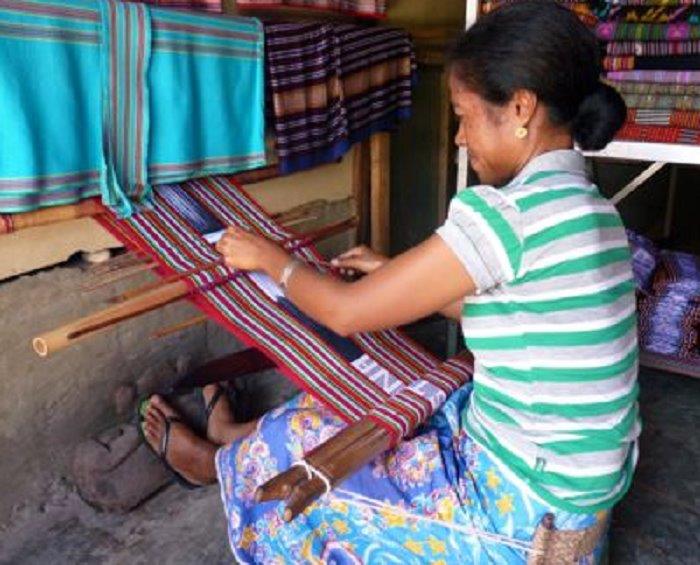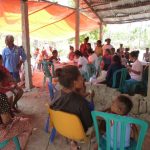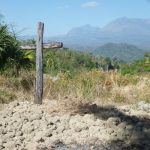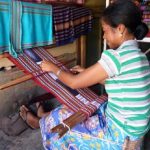Alison Dyall is a member of the Uniting Church WA International Partnership and Development Commission, formerly the UnitingWorld WA Commission. She recently returned from a trip to Timor Leste, where she has travelled a number of times. She shares some of her experiences with Revive.
Timor Leste: one of the fabulous ‘spice islands’ fought over by Europeans desperate to get their hands on the enormous wealth to be had by supplying the kitchens of the continent with such luxuries as pepper, cloves, cinnamon, ginger, turmeric… My goodness it’s hard to imagine how bland the food must have been prior to the discovery of spices!
Travelling regularly to Timor Leste has been a bit like experimenting with spice in my life. As I’ve listened to the people, experienced the friendship, resilience, acceptance and deeply held religious beliefs. Some of these experiences include being sprinkled with water from a fern leaf to appease the sprits of a sacred river before approaching it; climbing Mt Matebean, the place of the dead; and Mt Ramelau, the highest peak in Timor Leste, where the Catholic church has placed a statue of Mary on the summit; hearing stories of healings and curses, miracles and sacrifices; and witnessing the confirmation of over 300 people at the cathedral in Baucau – where in Australia would you see that number of people being confirmed at one time?
All of these experiences in Timor Leste have made me stop and reconsider my own, once very conservative, protestant Christian beliefs. Out of the capital of Dili there is some amazingly beautiful countryside. It’s a rugged mountainous country with some well hidden rivers and waterfalls, caves and vistas, traditional villages and markets selling a wide variety of fruit, vegetables, livestock and coffee, often alongside lengths of the traditional woven cloth, ‘tais’.
It’s possible to see a demonstration of the weaving of tais by a group of war widows working in a village at the eastern end of the island. The weaving is done on a backstrap loom with the women sitting on the floor, bracing themselves against a couple of pegs driven into the ground, to produce the tightly woven, multicoloured cloth used in most ceremonies.
Each district has its own unique designs which are learnt by heart and are recognisable by those in the know. For very special occasions, hand spun, locally dyed thread is used, while for more everyday occasions brightly coloured commercial cotton thread is favoured. Another raft of experiences which
has broadened and deepened and ‘spiced up’ my life has been working alongside a local grassroots, nongovernment organisation called The Good Crocodile Foundation or, Fundasoun Lafaek Diak (FLD) in Tetun, one of the local languages.
This organisation takes its name and motto from the East Timorese creation story of a boy and crocodile helping each other with their problems and thus establishing the island of Timor. FLD operates in rural and remote areas of the Baucau district delivering health care and education where none is available, assisting farmers with diversifying crop production and providing scholarships for overseas health education.
I’ve been privileged to travel to some quite remote villages with the mobile health clinic and to see the enthusiasm they are greeted with and the less than optimal conditions under which they work. It’s certainly an eye-opener to see the joy and commitment of the Good Crocodile staff in serving their fellow Timorese.
The Uniting church WA has been supporting the Good Crocodile Foundation since its inception in 2005. Now, with new regulations required by the Australian Federal Government for supporting overseas organisations, the Uniting Church WA International Partnerships and Development Commission and FLD have signed an agreement which will allow the Uniting Church WA to continue this support.
I always bring fresh spices back whenever I visit Timor Leste, which as well as spicing up my cooking remind me of spiced up spirituality.



